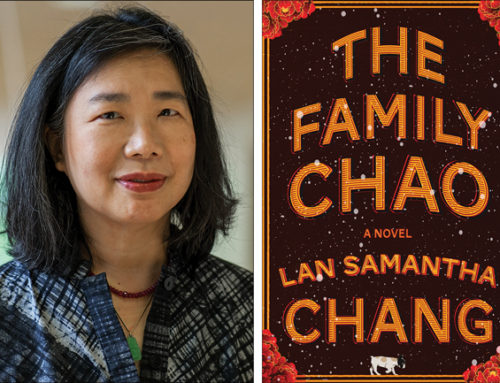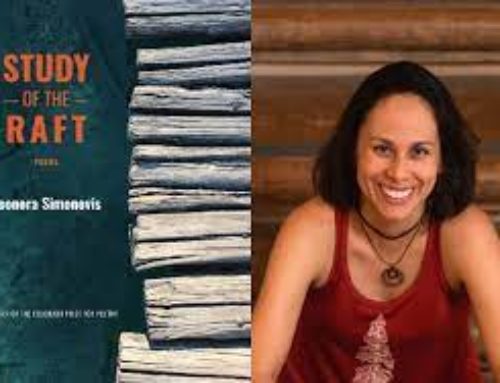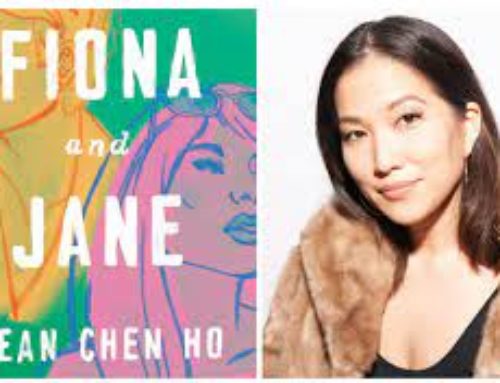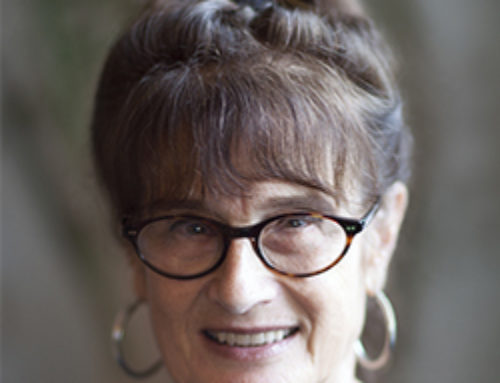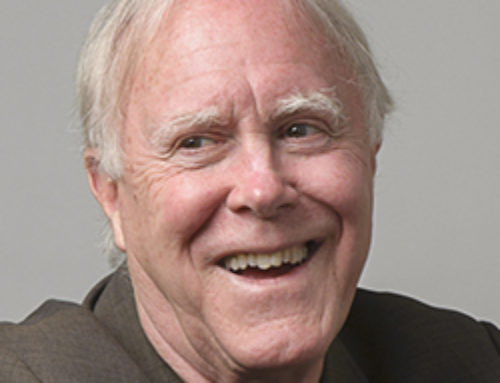This profile is based on an introduction written by conference assistant Kathleen Winter for the 2013 conference.
Camille Dungy holds degrees from Stanford and the University of North Carolina, Greensboro. She was born in Denver. Camille is author of three collections of poems: Smith Blue, which won the 2010 Crab Orchard Open Book Prize; Suck on the Marrow, from Red Hen Press in 2010; and What to Eat, What to Drink, What to Leave for Poison, Red Hen, 2006. From the titles alone, you know you’re in good hands, right at the very start.
Dungy also is editor of Black Nature: Four Centuries of African American Nature Poetry, as well as co-editor of From the Fishouse: An Anthology of Poems that Sing, Rhyme, Resound, Syncopate, Alliterate, and Just Plain Sound Great. She’s the assistant editor of Gathering Ground: A Reader Celebrating Cave Canem’s First Decade.
Dungy was awarded fellowships from the National Endowment for the Arts, the Virginia Commission for the Arts, Cave Canem, and Bread Loaf Writers’ Conference. In addition to Crab Orchard’s Prize, her books have won the Northern California Book Award twice — in 2010 and 2011. She’s a two-time NAACP Image Award nominee. Add to that Dungy’s Silver Medal from the California Book Awards in 2011. Camille has been a professor in the Creative Writing Department at San Francisco State and is now on the faculty of Colorado State University in Fort Collins.
Camille’s career includes additional awards, enthusiastic reviews, and many reading engagements, but I’d like to focus for a moment on her poems. Among Dungy’s powers is her ability to write history alive, in the moving and believable voices of Americans from across the centuries. Her 2010 collection, Suck on the Marrow, demonstrates Dungy’s fine control over deeply emotional material. To paraphrase from one of her lectures, Dungy doesn’t know how to not write a political poem, doesn’t know how to not write a love poem. Reading Suck on the Marrow will show just what she means. Camille’s series of linked lyric poems bring characters alive, including Rebecca, a young woman escaped from slavery; Joseph, a free Black husband and father kidnapped and forced into slavery for the rest of his life; and Melinda, Joe’s resourceful wife, who survives that catastrophe and goes on to provide housing and assistance to Southern blacks escaping from slavery.
Suck on the Marrow, along with Dungy’s two other collections, are graced by formal innovation and variety, and by careful attention to sound. Dungy does amazing things with found text. Her history poems and her poems about the natural world, meticulously researched, are never dry. Camille delights in creating neologisms and apt titles. She writes robust, rebellious and lively sonnets, rhymed poems and free verse, even one hell of a glossary. This gifted young poet clearly can do just about anything.



